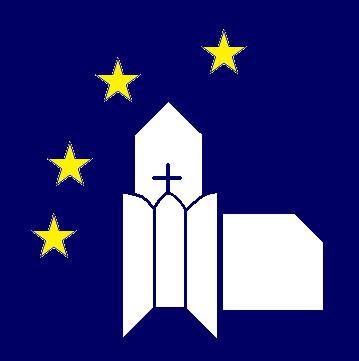I listened to the Webinar in English and my notes are rather incomplete but I can provide you with a recording of the session in French and if you would like to write a full description kindly advise me
Introduction
Click on PWYP
Then on Our Members: You will see that PWYP is active in 8 European countries, 29 African countries, 8 Latin American countries, 6 countries in Asia-Pacific, 8 in Central Asia 6 & the Caucausus & 3 in the Middle East + Tunis
Then click on Areas of Work and ask yourself how the INGO Conference can offer help to CSOs in these countries and learn from them how to adapt their experience in the 47 Council of Europe Member States
Speakers came from Burkina Faso, Guinea, Senegal and Bolivia
Burkina Faso:
Principal mining is gold and diamonds in deep mines. Gender based violence is a taboo issue.
Awareness must be raised. Women don't feel safe in mining companies. Same working clothes issued to women as men, no increased sizes for pregnant women. Women's working clothes of lower quality. Burkina Faso legislation provides 90 minutes per day during working hours for breast feeding by women with babies but mining companies do not implement this time off. Women start working in the mines at 13 and there are less women than men in ages 13-40. From 45+ more women than men. Girls often lack both sex education and qualified training. They carry out non specialised but hard work like cleaning and washing clothes. Since male mineworkers consider that copulation before going underground brings safety good luck, girls are often subjected to insinuations and early marriage or trapped into sex slavery. Hard to obtain information from managers or male mineworkers. Main information comes from NGOs. Girls need information about women in society and the media.
Women participate in artisan mining. Key Issue: Laws do not protect equally women and men. Companies main object is Profits. Training costs money. Women should be encouraged to look for employment in technological industries. Access for land ownership for women very important. Legislation favouring women exists but is not implemented. The Code Napoleon cancelled community ownership of land. Women are excluded from land ownership even now.
Guinea
Gender issues is a new subject in the Mining Industry but there is little information even in the Extractive Industries Transparency Initiative. The Mining Industry is the biggest employer.
Bolivia (Speaker was a senior adviser on Human Rights to the Total Group)
Women in mining projects often lack sufficient literacy. By working away from home, they are contravening social traditional patriarchy structural norms. Unemployment and lack of land ownership causes vulnerability and recourse to prostitution. High levels of prostitution in mining areas also include foreign sex workers. Insufficient medical services and information on risks. Women's reproductive rights are not considered in legislation. Major mining companies provide health services and information because this improves their reputation. Gender based violence is another issue. Very important to provide gender information in local languages.
Basic Problem
There is generalised information about women's problems in the mining industries but it has not been broken down.
Prior to the Webinar I had sent the organisers the link to the INGO Conference's website on Business and Human Rights and Recommendation CONF/PLE(2020)REC2
After the Webinar, I wrote again to the organisers:
The Council of Europe has a Manual for Human Rights Education for Young People which is available in Arabic, Bulgarian, English, Estonian, French, German, Italian, Portuguese, Russian, Spanish and Ukranian and which I have opened at the page Summary of Activities (in English). The subjects that might be appropriate for young girls and women in the Extractive Industries could be:
Different wages (for men and women)
Let's talk about Sex
Ashique's Story (child labour)
Work and Babies
Access to Medicaments
Domestic Affairs
Violence in my life
I am not suggesting that Europe has anything to superior offer in the way of dealing with problems. Historically, European intervention in Africa has been disastrous. On the contrary, I am only now beginning to understand the meaning of UBUNTU and the African concept of teaching children to consider communal decisions to be the best way to solve social problems whilst our European individualistic approach inevitably causes friction and delays decisions useful to the community as a whole.
However, I think these topics for discussion by small groups of young people and adapted to local languages and customs could possibly be useful since I find they are useful for me although I will be 80 in 2021.
I also added: Report on the Winter Session of the Conference of INGOs for the part on methods of restraining Gender Violence
